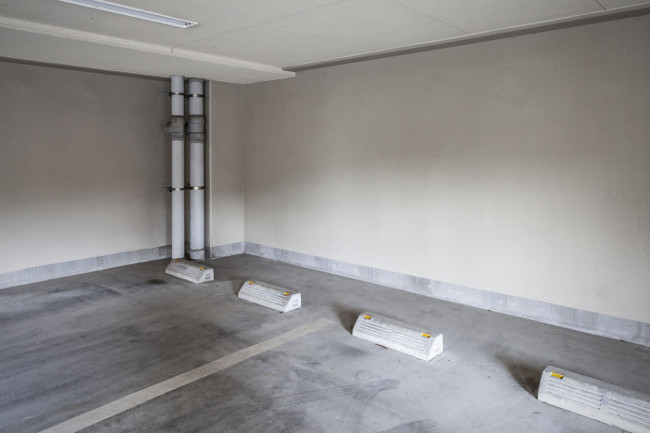I'm buying a new construction condo. What could change between signing a contract and closing?

In some cases, buyers can back out if there are major changes from what was described in the offering plan.
I’m about to close on a new construction condo and I'm wondering what kind of changes might come up before I close. Can a lot change during the construction process, like the house rules or features of the units and building? What can I do if I don't like the changes?
Changes can arise during the construction process, so when you're purchasing in a new development before it's built, it's crucial to carefully read the offering plan, our experts say.
"There are a lot of different variables to understand, and when someone is buying in a new development they might sign a contract at so many different stages," says Lindsay Barton Barrett, a broker with Douglas Elliman. "If you're signing in a sales office before construction has begun, a lot more can change than if you're signing on an apartment you've already walked through."
When buying before construction has begun, buyers and their attorneys will closely review the development's offering plan, which outlines various aspects about the building, including floor plans, amenities, and house rules.
Offering plans will also describe variances—possible changes between what's described in the plan and what could ultimately result from the construction process. As a buyer, you should communicate to your attorney what features made you want to purchase in this building.
"If you're buying because there's a pool in the building, make sure to tell your lawyer that, so they know what to look for, because there are things that can change," Barton Barrett says. "There are provisions in contract laws that protect you if there's a substantial change so that you have the ability to rescind the contract."
Condo sponsors are obligated to inform buyers of significant changes that come up during construction and give them the chance to back out of their agreements, but not every divergence from the offering plan allows for this.
"A material fact or change is one that would have actual significance in the deliberations of a reasonable purchaser," says Jeffrey Reich, a partner in the law firm of Schwartz Sladkus Reich Greenberg Atlas. "A negative change in the conversion sponsor’s financial condition, a lawsuit against the sponsor, or a lengthy delay in the construction schedule could all be considered material changes. "A condominium offering plan would include a list of items that the sponsor deems to be immaterial, and as such, may be changed without notice and without an opportunity for a purchaser to get out of their contract."
As for house rules, owners have the opportunity to help determine these themselves once they move into the building.
"There will be a pretty basic set of house rules in the offering plan, but once you form a board in the condo, you can as a collective change the house rules," Barton Barrett says. "It all goes back to what made you fall in love with the apartment, and making sure that remains consistent."
Trouble at home? Get your NYC apartment-dweller questions answered by an expert. Send your questions to [email protected].
For more Ask an Expert questions and answers, click here.
You Might Also Like




























